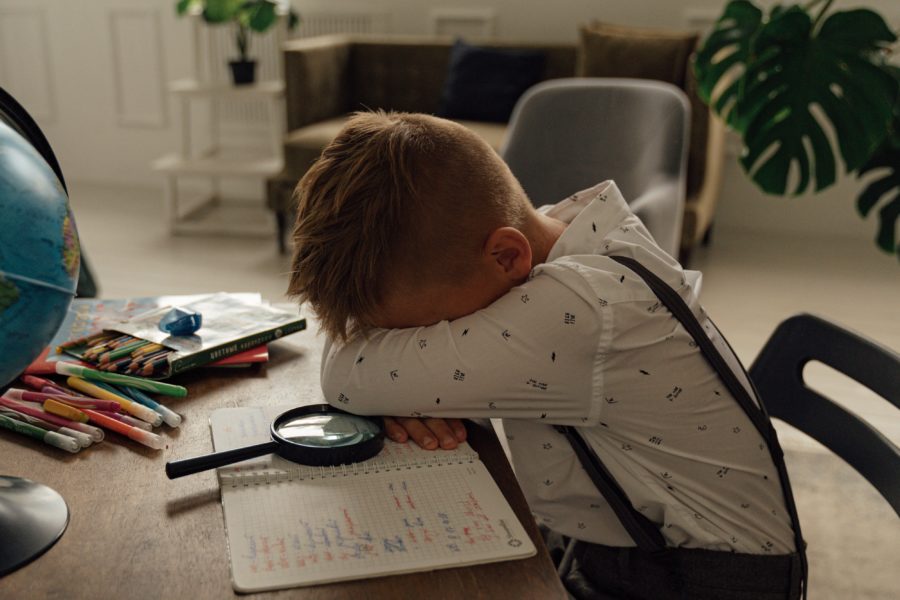
Friends, it has been a year. A year of remote or hybrid school and work, a year without live events, programming, and activities, and, for many, a year of hardship. It’s also been a tough year for educators and librarians, who have been working hard in an ever-shifting world to ensure kids and families still have access to the education and resources they need.
Rural and low-income kids in particular are at-risk of falling behind during the pandemic, with lack of access to high-speed internet, books, and other resources at home. One rural Vermont librarian said, “We do not have a lot of families who have connectivity at home nor do they have devices to read books online.” An elementary school teacher said, “Statistics from the district estimate 130 kids without internet.”
A report on “Literacy Loss in Kindergarten Children during COVID-19 School Closures” said, “we predicted that kindergarten children will have 67% less literacy ability gain during COVID-19 school closures than they would have had without the school closures.” A UN study found that “100 million more children will fail basic reading skills because of COVID.” In 2020, the number of children with reading difficulties worldwide jumped 20%.
The report on kindergarten literacy loss says, “previous studies have shown that the interruption of formal education has an unequal effect on children with or without disadvantages.” With lack of access to high-speed internet, consistent learning support at home due to parental employment schedules and other barriers, and high-quality books at home, low-income children are at an even greater risk of falling behind in literacy skills. This is a major problem, as literacy skills are one of the strongest indicators of a child’s future success in school and life. Kids today, particularly in those developmentally crucial birth-to-five years, are in serious danger of having low-literacy skills, which impacts academic success, employment, and even interpersonal relationships.
Fortunately, the study found that “reading daily to young children may help mitigate literacy loss during COVID-19 school closures.” Reading aloud to kids is one of the best ways to help encourage continued literacy development, which is especially important in this COVID world we’re all living in. With all the chaos around us these days, it may be hard to make time or have the energy to read together, but that’s one of the most important things you can do for your child’s education right now. It’s also a nice way to get away from screens for a little while and get lost in a story together. Plus, reading aloud even has benefits for adults, including increased vocabulary, comprehension, and focus. And books help us process and make sense of things, as well as relax and have fun.
So, cozy up with your young ones (or not-so-young ones) and read a book together. It’s the best thing you can do for both of you.



